Since February 2020 COVID-19 has been a public health challenge globally.
We at BUDDIGA Family Allergy Skin Immunology have taken an active role in educating both domestic and international physicians and patients on diagnosis / testing / vaccines & care for this contagion. This was accomplished by having educational segments on television nationally, webinars internationally as well as locally. We also were a major vaccine delivery, counseling & reporting site for the CDC, FDA , California Department of Public Health and testing site for COVID-19 in Central California serving nearly a 2 million population base.
BUDDIGA Family Allergy Skin Immunology provided services to assist with diagnosis by testing for COVID-19 antigen, PCR and antibody levels and these results were explained as well as counseled. We served as a vaccination site offering both platforms of Vaccine – FDA emergency use authorization granted Pfizer/BioNTech or Moderna [mRNA platform] and Adenoviral vector vaccine manufactured by Johnson & Johnson / Jannsen were administered to our patients.
The patients were counseled for the appropriate vaccine indicated per age & gender and side effects to look out for were counseled as well as answered questions & concerns 24/7 and months after receiving the vaccine.
Treatment options recommended were – antivirals (Remdesivir®), monoclonal antibody therapies that were granted FDA emergency use authorization were counseled for the patient and if necessary hospitalization was recommended especially in cases of difficulty breathing associated with low oxygen levels in adults as well as children.











